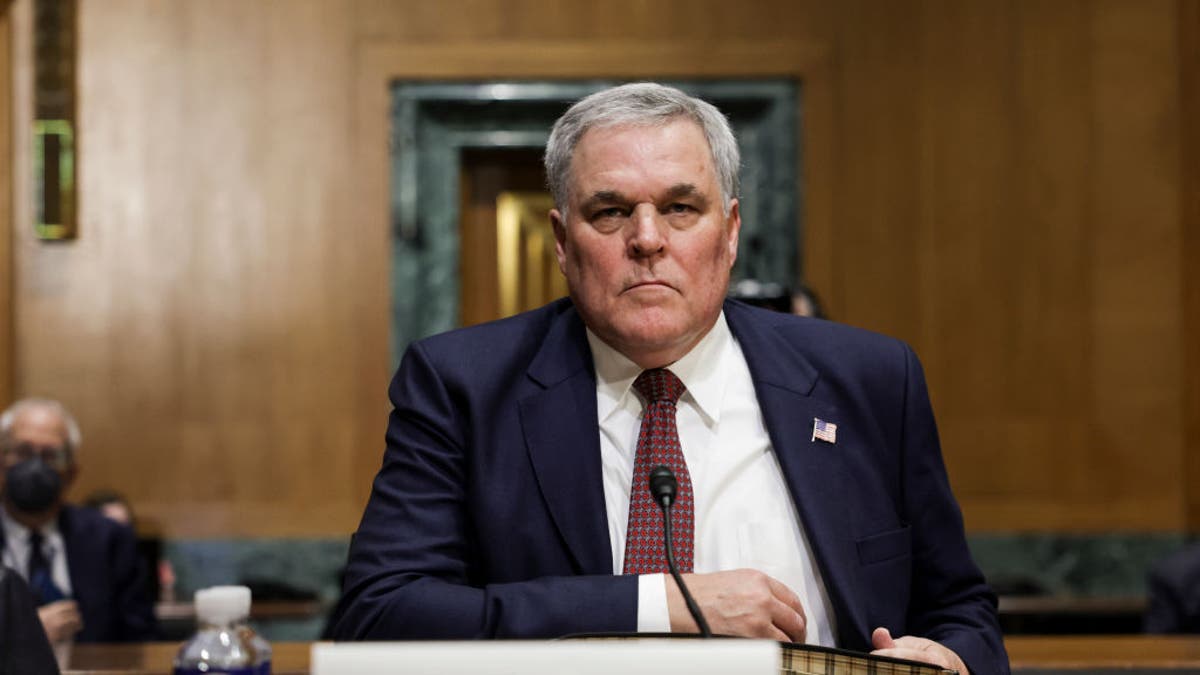Should average Americans brace for more IRS audits?
Rep. Roger Marshall on $80 billion IRS expansion on ‘Your World.’
Senate Republicans introduced legislation this week that would prevent the IRS from using the $80 billion in new spending authority it received this year to audit taxpayers who earn less than $400,000 annually.
The IRS received billions in funding to update its systems and hire new staff in the Inflation Reduction Act, which Congress approved in August without a single Republican vote in the House or Senate. Republicans argued even before the vote that the bill would raise taxes on people earning less than $400,000, which would violate President Biden’s pledge to spare those earners from new taxes.
This week, Republicans offered their bill to make sure the $80 billion is not used to fund audits from what the GOP called a "supersized IRS."
MY AUDIT FROM HELL, OVER A SMALL BOAT AND THE FOLLY OF 87,000 NEW AGENTS

Sens. Mike Crapo, R-Idaho, James Lankford, R-Okla., left, and John Barrasso, R-Wyo., conduct a news conference on the Democrat's tax and spending policies, in the U.S. Capitol on Wednesday, August 3, 2022. (Tom Williams/CQ-Roll Call, Inc via Getty Images)
"Democrats cannot achieve their desired tax revenue goals without targeting the middle class, small businesses and taxpayers earning under $400,000 per year--taxpayers who cannot afford teams of lawyers and legal fees--which is why they rejected my original amendment," said Sen. Mike Crapo, R-Idaho, the top Republican on the Senate Finance Committee. "While advocates promise they do not intend to increase audits on people making less than $400,000, the best way to protect those taxpayers is to turn that promise into law."
The two-page bill states simply that "None of the funds" provided to the IRS in the Inflation Reduction Act "may be used to audit taxpayers with taxable incomes below $400,000."
VULNERABLE HOUSE DEMOCRATS DEFEND VOTE ON INFLATION REDUCTION ACT, EXPANSION OF IRS

Commissioner of the Internal Revenue Service Charles Rettig testifies before the Senate Finance Committee on Capitol Hill, April 7, 2022, in Washington, DC. Rettig testified on the 2022 filing season and the President's proposed fiscal year 2023 budget request for the IRS. (Photo by Kevin Dietsch/Getty Images)
IRS Commissioner Charles Rettig told senators in August that the agency’s infusion of funding is "absolutely not about increasing audit scrutiny on small businesses or middle-income Americans." Rettig also said audit rates "will not rise relative to recent years for households making under $400,000."
However, Republicans say it is better to change the law to make sure the IRS does not change its mind.
CLICK HERE TO GET THE FOX NEWS APP
"The bill has teeth, in contrast to unenforceable, nonbinding statements of intention or unenforceable, vague Treasury Department edicts to not squeeze more revenue out of the middle class," the GOP said.
The Democratic-led Senate is unlikely to take up the GOP legislation this year, but the bill is highly likely to be considered if Republicans take control of the Senate in the midterm elections.











































